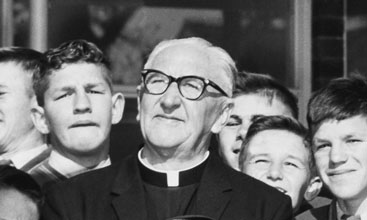About William Morris (Billy) Hughes
Australia’s seventh Prime Minister William Morris (Billy) Hughes spent 58 years in state and federal politics, representing four different parties, 3 of which expelled him.
Billy pursued the interests of the fledgling Australian nation at the 1919 Paris Peace Conference and established predecessors to the CSIRO and the Australian Federal Police while Prime Minister. Remembered by many as the ‘Little Digger’, Billy nevertheless remains a controversial figure in Australia’s political history.
Location
Accessibility
Category
Share and save
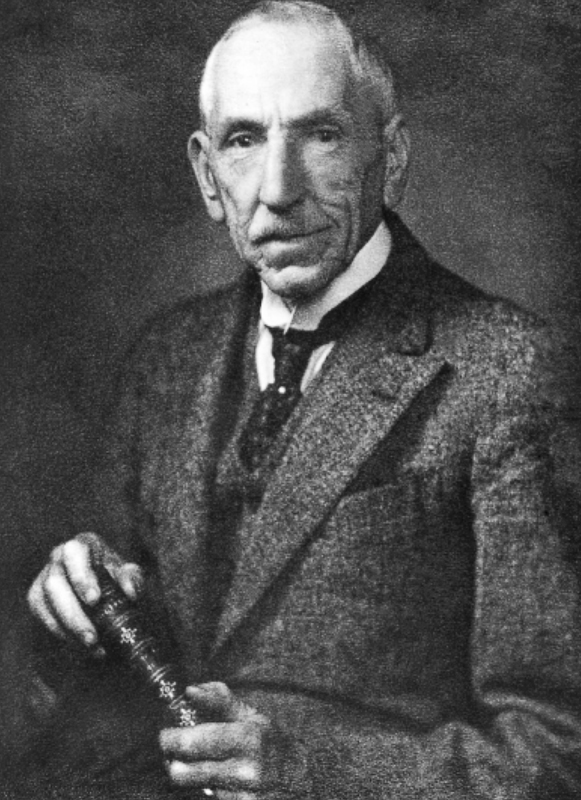
A future PM’s early days in Sydney
Billy Hughes was born in London in 1862 and moved to Wales at age 7. He migrated to Australia in his early twenties, living in Brisbane before moving to Sydney.
Billy's political career began in 1894 with his election as a Labor member for Sydney-Lang in the New South Wales Parliament. He was elected as Member for West Sydney in the new federal parliament in 1901 and held this seat through the next 5 elections.
Billy was known for his witty speeches, which he sometimes made from the balcony of his residence ‘Osborne Park’ in Lane Cove. When Andrew Fisher resigned as Prime Minister in 1915, the Labor Party unanimously elected Hughes to succeed him.
The ‘win-the-war’ policy
As Prime Minister, Billly mounted a vigorous ‘total war’ policy. In 1916 he flew to London to represent Australia in war Cabinet meetings. He then toured the Australian forces on the Western Front, becoming hugely popular with servicemen and revelling in the nickname they gave him – ‘the Little Digger’. Billy proved less popular in the two unsuccessful referendum campaigns for conscription he led in 1916 and 1917.
Establishment of the Commonwealth Police Force
While campaigning in Queensland during the 1917 referendum, Billy was ‘egged’ by anti-conscription protestors. Incensed that the police refused to arrest the offenders because they only enforced state laws, Billy established the Commonwealth Police Force. The incident was widely reported in the press with some accounts suggesting Billy had overreacted. Although disbanded in 1919, the Commonwealth Police Force was Australia’s first federal police force and inspired later federal law enforcement agencies.
Support for science and industry
Inspired by technological developments in Europe and recognising the importance of science in building Australia as a nation, Billy established the Advisory Council on Science and Industry in 1916. The Council was created to commission and fund research projects on key science and industry issues in Australia. Intended to be a temporary body, the Council represented a first iteration of today’s Commonwealth Scientific and Industrial Research Organisation (CSIRO).
Representing Australia at the Paris Peace Conference
In the aftermath of the First World War, Billy represented Australia at the Paris Peace Conference in 1919. Billy believed that Australia’s disproportionately high war casualty rate had earned the country its own seat at the table, rather than being spoken for by the British Government. He successfully negotiated with Britain for Australia to have independent representation at the conference on the specific issues that affected Australia.
Using this platform, Billy asserted Australia’s interests, such as fighting for German reparations of Australia’s large war debt and protecting Australian security interests in the region. He also used the forum to defend controversial contemporary immigration policies.
After achieving mixed success at the conference, he returned home to a hero’s welcome.
A lasting record
Billy died in Lindfield on 28 October 1952. His state funeral in Sydney was one of the largest in Australian history.
Billy maintains the record for the longest continuous parliamentary service and is the only Australian to have been Prime Minister on both sides of politics.
Remembered for his strong leadership during the First World War, as well as his steadfast support for conscription, Billy remains a controversial figure in death, as he was in life.
References and further reading
Australian Dictionary of Biography, William Morris (Billy) Hughes (1862–1952)
Department of Veterans’ Affairs, Australia and the Paris Peace Conference
National Museum of Australia, Prime Ministers of Australia – Billy Hughes
Shrine of Remembrance, The Treaty of Versailles: what did Australia gain?
Image gallery
Location map
Blue Plaques across NSW
Joseph Laurie
Joseph Laurie (1832–1904) was one of the first Europeans to settle permanently on the mid-north coast and a pioneer of the New South Wales timber industry.
east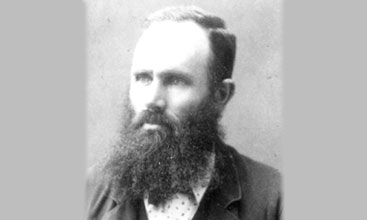
Arthur Bryant Triggs
Arthur Bryant Triggs (1868–1936) was a successful Australian pastoralist and collector who lived in Yass.
east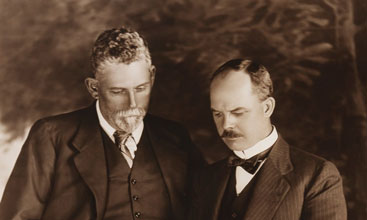
David Lennox
David Lennox (1788–1873) was a bridge-builder and master stonemason who designed and oversaw the construction of bridges and public works projects across NSW.
east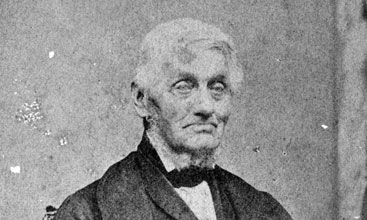
Ethel Turner
Celebrated author Ethel Turner (1870–1958) wrote the classic children’s book, Seven Little Australians.
east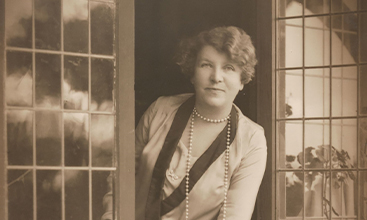
Caroline Chisholm
Caroline Chisholm (1808–1877) was a pioneering humanitarian who fought to improve conditions for immigrant women and families.
east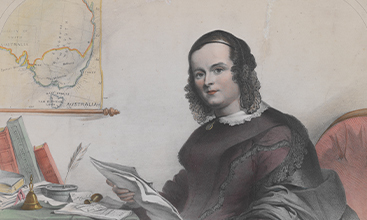
Bondi Surf Bathers Life Saving Club
The Bondi Surf Bathers Life Saving Club became Australia's first recorded surf lifesaving club in February 1907.
east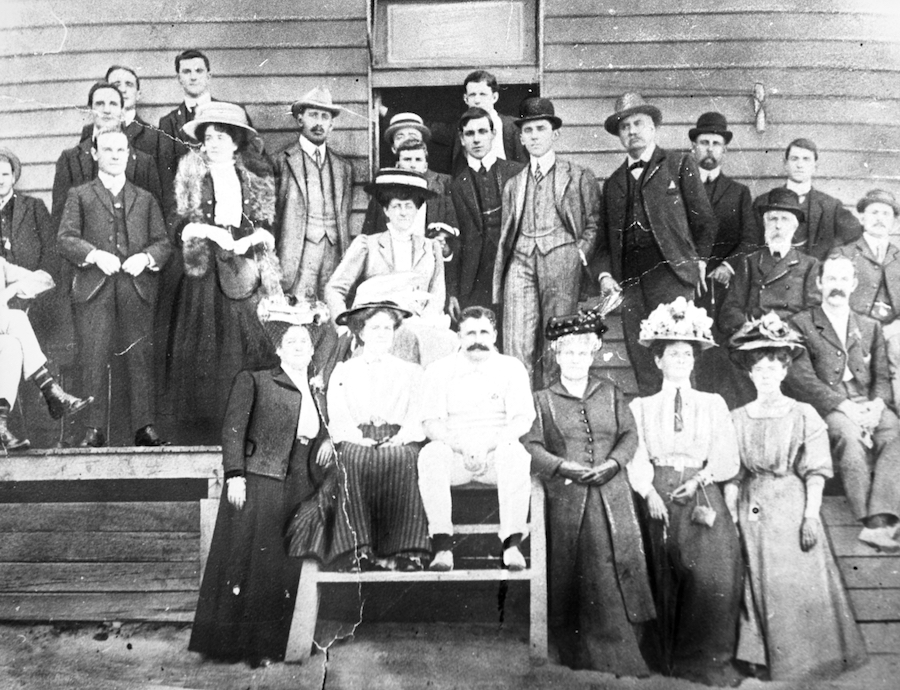
Elizabeth Jane (Bessie) Robinson
Elizabeth Jane (‘Bessie’) Robinson was a businesswoman who drove the development of the central west town of Canowindra and advocated for quality public education.
east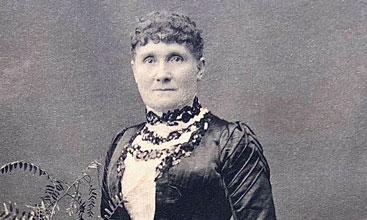
Dr Charles Perkins
Dr Charles Perkins (1936–2000) dedicated his life to the cause of civil rights for Aboriginal and Torres Strait Islander communities.
east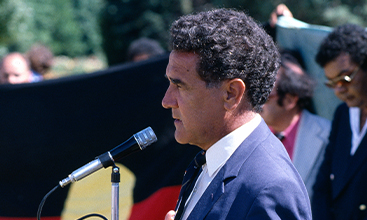
Father Thomas Dunlea
Father Thomas Dunlea (1894–1970) was an Irish-Australian Catholic priest who established Boys’ Town, a permanent shelter for homeless boys.
east